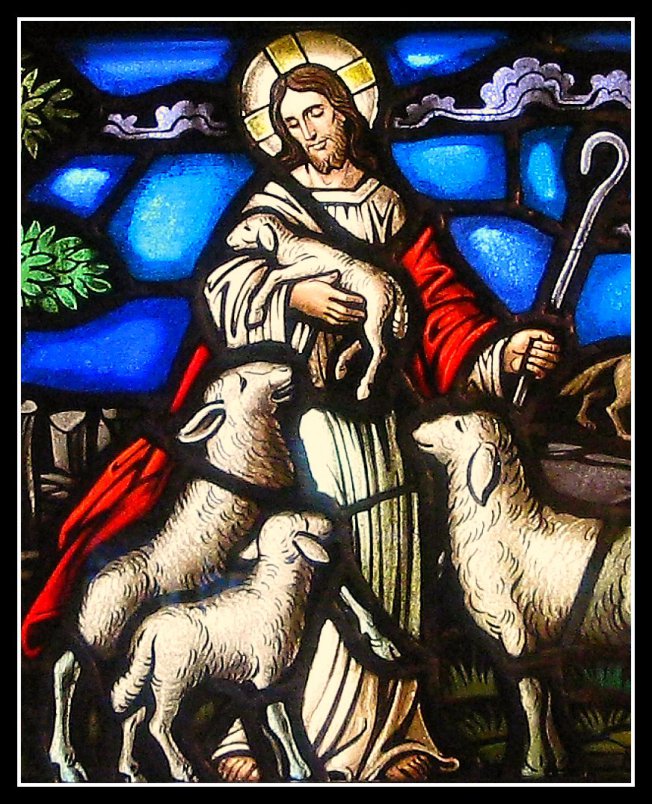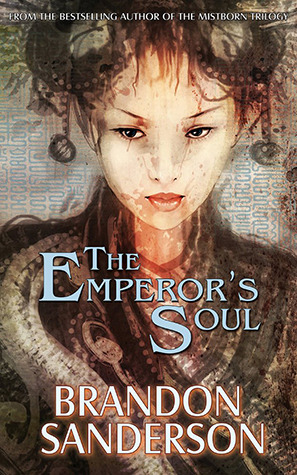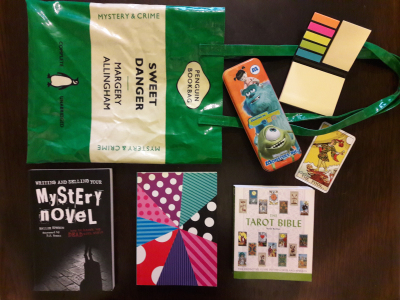Psalm 23:2, John 10:4 – May 7, 2017

“Green Pastures, Quiet Waters”
If I mention images of sheep and green pastures, what comes to your mind, on that video screen in your head? For some people, it might be something on the Nature channel on cable television, with verdant, green grass and gently rolling hills, dotted with fluffy white sheep. For others, it’s a painting at an art museum, with lush green meadows under brilliant blue skies. Again, dotted with sheep feeding on that green grass.
In Psalm 23, our psalm writer is King David. He is writing about his youth as a shepherd for his father’s sheep, long before he ever became king. That time as a shepherd must have been vivid in his mind, because David’s poetic description of sheep and shepherd remains one of the most striking, beloved, and relatable passages in the Bible, in either the Hebrew Scriptures or the New Testament.
Here is another way of saying the first verse of Psalm 23: Because the Lord is my Shepherd, I have everything that I need.
Wait, that makes me a sheep, and sheep are not particularly intelligent. Now, I am okay with that. As I have said in the past, this is a common analogy in the Bible. The nation of Israel is referred to as sheep several times in the Hebrew Scriptures. Different biblical writers refer to people who believe in God as sheep. Several times in the Gospels—as in our Gospel passage from John 10, today—Jesus talks about Himself as Shepherd, and His followers as sheep.
I figure God must know a few things about people, being the Creator of the Universe, and all. Since God uses this common analogy of sheep and shepherd so many times in the Bible, and since sheep have been known to be stubborn and timid and sometimes even foolish, I guess I might have a few things in common with sheep. Maybe you do, too.
Sheep need stuff. They need grass, water, nurture, and protection against enemies. They depend on their Shepherd to provide all of these things for them. But, what if there is no Shepherd? What if there is no one to provide all of this good stuff for us—I mean, for sheep?
Sometimes bible study leaders and bible teachers have their students do an exercise. They write a reverse psalm. That is, writing the reverse of what the verses say. One of the bible commentators I read used this process. She said, “I’ve been led in this process, and led my Bible Study in it. At first you might ask, ‘Why do it this way?’ But, especially when in a group, reading back all the hopeless examples of our life without God, we see the power of this psalm more clearly.” [1]
I’m going to read just the first few verses of Psalm 23, written in reverse. It was written by a then-15 year old named Anna Thompson.
“I have no shepherd, I need a shepherd./I am caught in the desert.
I am thirsty/and no one is telling me where to go.
I am lost and no one cares./I am scared of evil, because I am alone.” [2]
This is truly a hopeless example of our life without God! What would happen to a few little sheep, huddling in the wilderness or the desert, with no one to guide them, take care of them, or to shepherd them? I don’t think they would last very long. Some predator might come along and have some lamb and mutton for dinner. That’s what probably would happen. This is a far cry from the green pastures and the quiet waters the psalm describes for us, and quite different from the Good Shepherd who supplies our wants and needs.
Jesus takes this image of sheep and a Shepherd from Psalm 23, and enlarges on it.
Notice what is not mentioned in either Psalm 23 or John 10. Is there any mention of the sheep needing all the stuff we see on television? I must have this new outfit or latest electronic gadget or trendy pair of shoes. I absolutely need to be healthy, beautiful, entertained, wealthy and successful. No, neither of these bible readings have anything of the kind.
Psalm 23 has a basic set of wants that “the shepherd provides for his sheep. That list includes food, drink, tranquility, rescue when lost, freedom from the fear of evil and death, a sense of being surrounded by the grace of the Lord, and a permanent dwelling place in the house of God. An ever-rising mountain of material possessions is not on the list.” [3]
. Let’s think about the reverse psalm again. I have no shepherd. I am caught in the desert. I am thirsty. I am lost. I am all alone.
Doesn’t that hit you right in the gut? Hopeless, helpless, life without God. Where are You, God? I’m all alone out here, and I am lost and scared!
One of my favorite commentators is Carolyn Brown, a Christian educator who’s worked with children for decades. She writes about the Bible and our worship being filled with metaphors. We try to help children understand them “when we carefully explore the details of a few key ones, expecting them to become familiar with the concrete part of the metaphor and some of the spiritual realities it embodies, but not fully making the connection until later [when they are older]. The Good Shepherd is definitely one of those key metaphors. [Doctor and educator] Maria Montessori reports that while working in a children’s hospital she found that when she told sick children stories about the Good Shepherd using small wooden figures, they almost all grabbed the figure and held onto it ‘for keeps.’” [4]
It doesn’t matter if we are talking about the Shepherd of Psalm 23, or the Good Shepherd of John 10. The Shepherd helps the sheep to feel safe, to feel protected and full, able to rest and feel content. Not to feel hungry, thirsty, frightened, lost and alone.
In our Gospel reading this morning, Jesus adds something to the picture of the Good Shepherd that is not in the 23rd Psalm. Jesus talks about the sheep knowing the Shepherd’s voice. That means whether sheep are in green pastures or brown ones, in the desert or high in the hills, the sheep will recognize the shepherd’s voice and call. As Jesus said, “When he has brought out all his own, he goes on ahead of them, and his sheep follow him because they know his voice. 5 But they will never follow a stranger; in fact, they will run away from him because they do not recognize a stranger’s voice.”
In Palestine, in the mid 1930’s, a village near Haifa had some internal conflict. The occupying British soldiers confiscated all the villagers’ animals and put them in a central pen, mixing them all up. The animals’ owners were permitted to redeem their animals, if they could identify them. An orphan shepherd boy whose only possessions were six sheep and goats came to the officer in charge, and asked for his animals. The officer ridiculed the idea that the shepherd boy could possibly pick out his “little flock” from among the hundreds of animals in the pen. The shepherd boy had his pipe and gave his own “call”—his unique call for his animals. “His own” separated from all the others and trotted out around him. [5]
The sheep know the Shepherd. They follow the Good Shepherd’s voice, and willingly go with Him to green pastures, and by the quiet waters. Jesus is the Good Shepherd, and He will be with us in green pastures as well as desert places, by quiet waters as well as in thirsty times. And, Jesus will walk with us through those dark and scary valleys of the shadow, too.
Even when we walk though the valley of the shadow more than we like, praise God, our Good Shepherd will always be there beside us, to help, nourish, protect and nurture us.
Yes, I am a sheep. I freely admit that.
I know if the Good Shepherd is my Shepherd, surely His goodness and love will follow me all the days of my life, and I will dwell in the house of the Lord forever.
[1] http://bethquick.blogspot.de/2011/05/lectionary-notes-for-fourth-sunday-of.html
[2] Psalm 23: “I Have No Shepherd” https://re-worship.blogspot.com/2011/05/psalm-23-i-have-no-shepherd.html[3] Bailey, Kenneth E., The Good Shepherd (Downers Grove: IVP Academic, 2014), 39.
[4] http://worshipingwithchildren.blogspot.com/2014/03/year-fourth-sunday-of-easter-may-11-2014.html
Worshiping with Children, Easter 4A, Including children in the congregation’s worship, using the Revised Common Lectionary, Carolyn C. Brown, 2014. 2011.
[5] Bishop, Eric F. F., Jesus of Palestine (London: Lutterworth, 1955), 297-98. Quoted by Kenneth E. Bailey in The Good Shepherd, 42.
@chaplaineliza
(Suggestion: visit me at my regular blog for 2017: matterofprayer: A Year of Everyday Prayers. #PursuePEACE – and my other blog, A Year of Being Kind . Thanks!)
Advertisements Share this:




